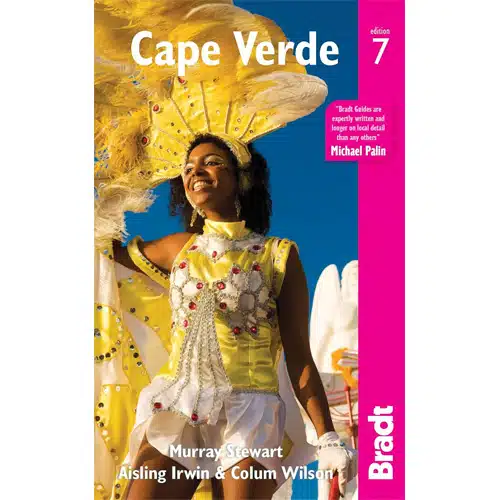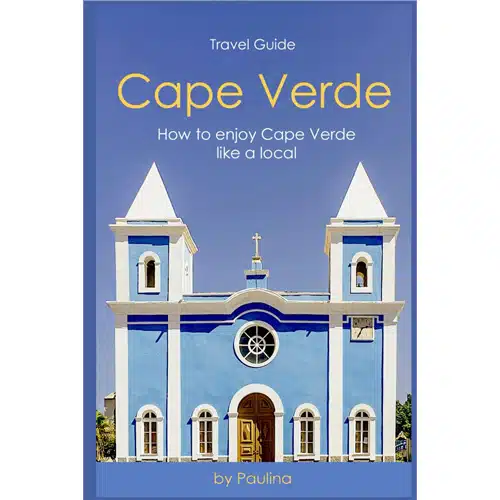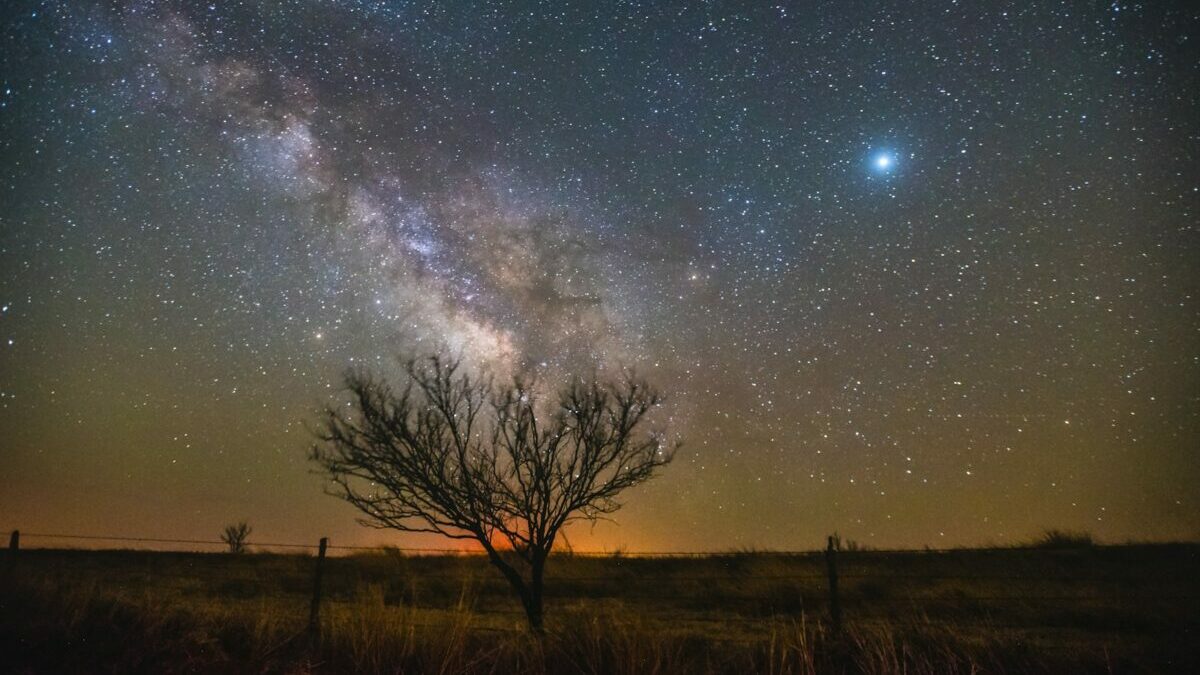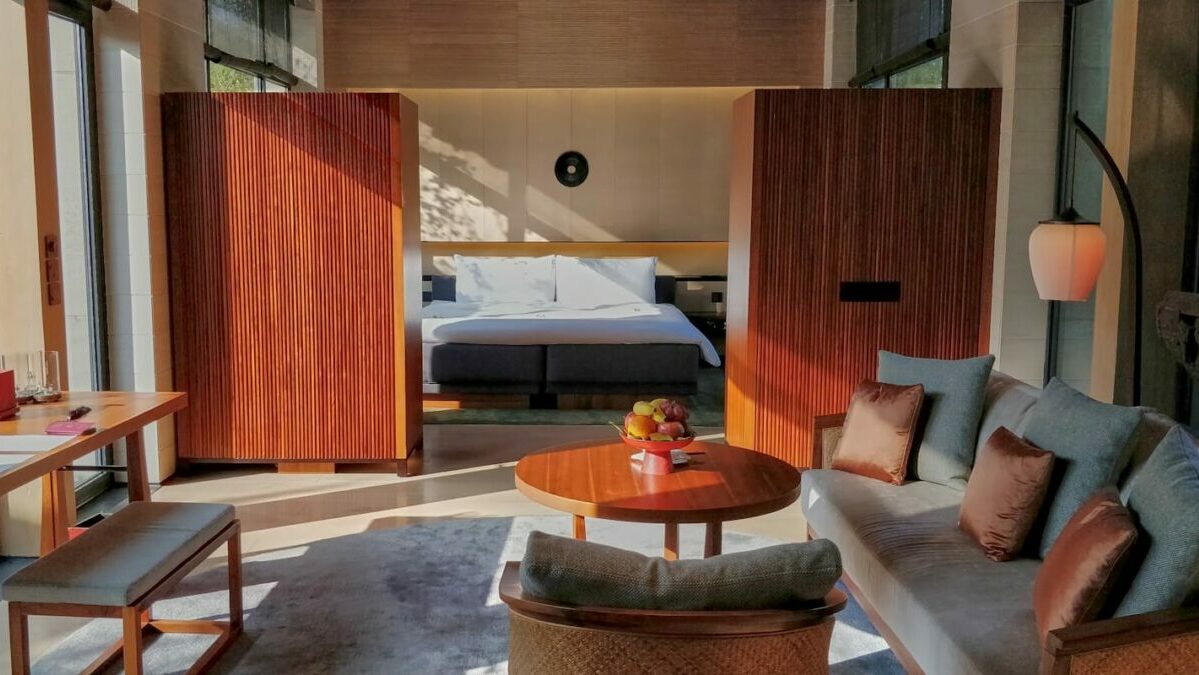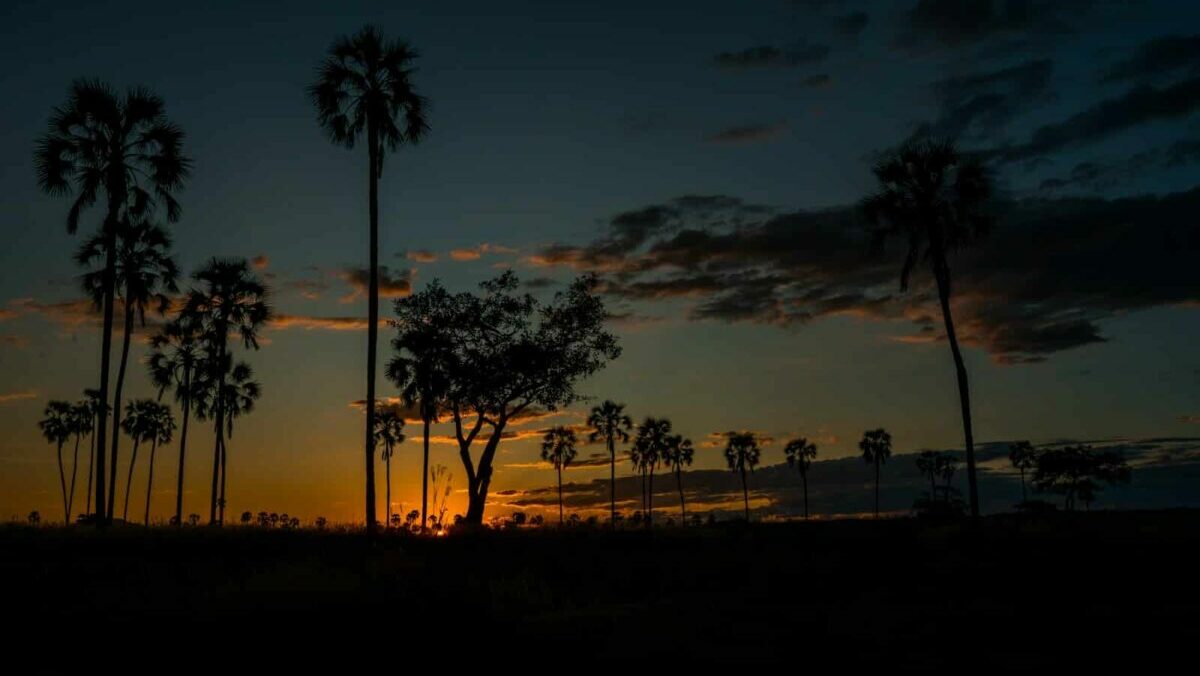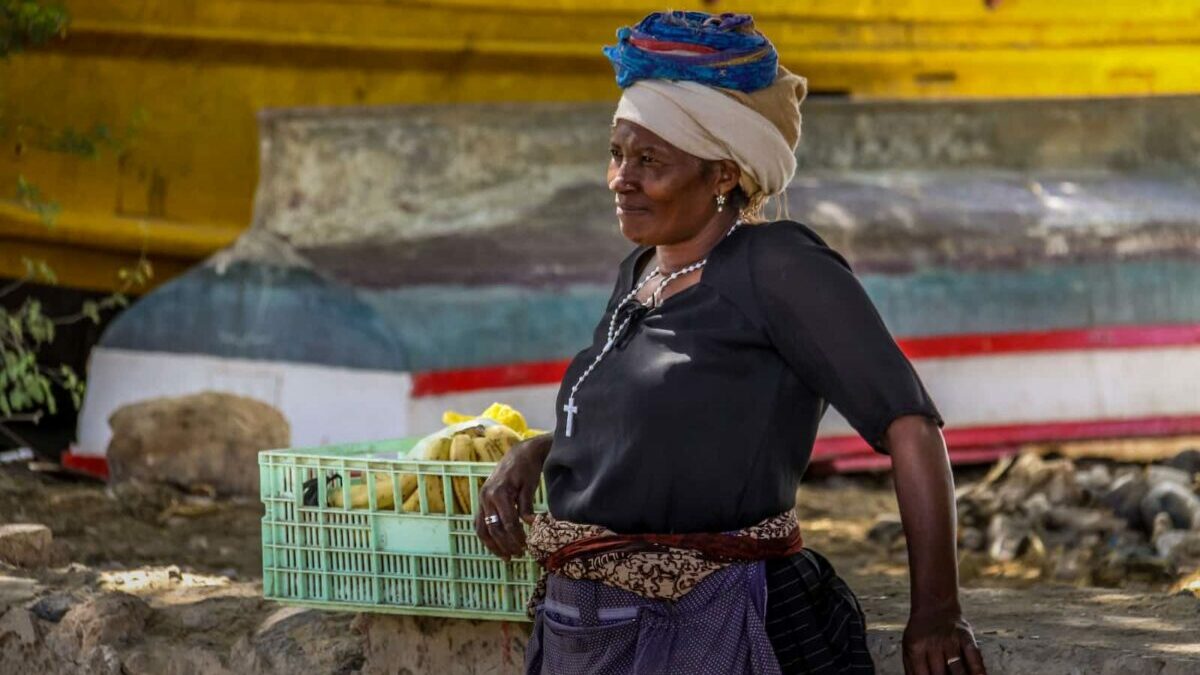
Cape Verde – a world to discover
The islands of Cape Verde are located in the middle of the Atlantic Ocean, not far from Senegal. In the total area of 4,033 km² there are ten large and five small islands and only nine are inhabited.
Cape Verde is home to deep forests with green mountain ranges and also beaches surrounded by palm trees. Furthermore, colorful markets that make the desire to buy arise. Above all this, the volcano Pico do Fogo towers majestically on the island of fire with its 2,829-meter high force of nature.
The flora and fauna
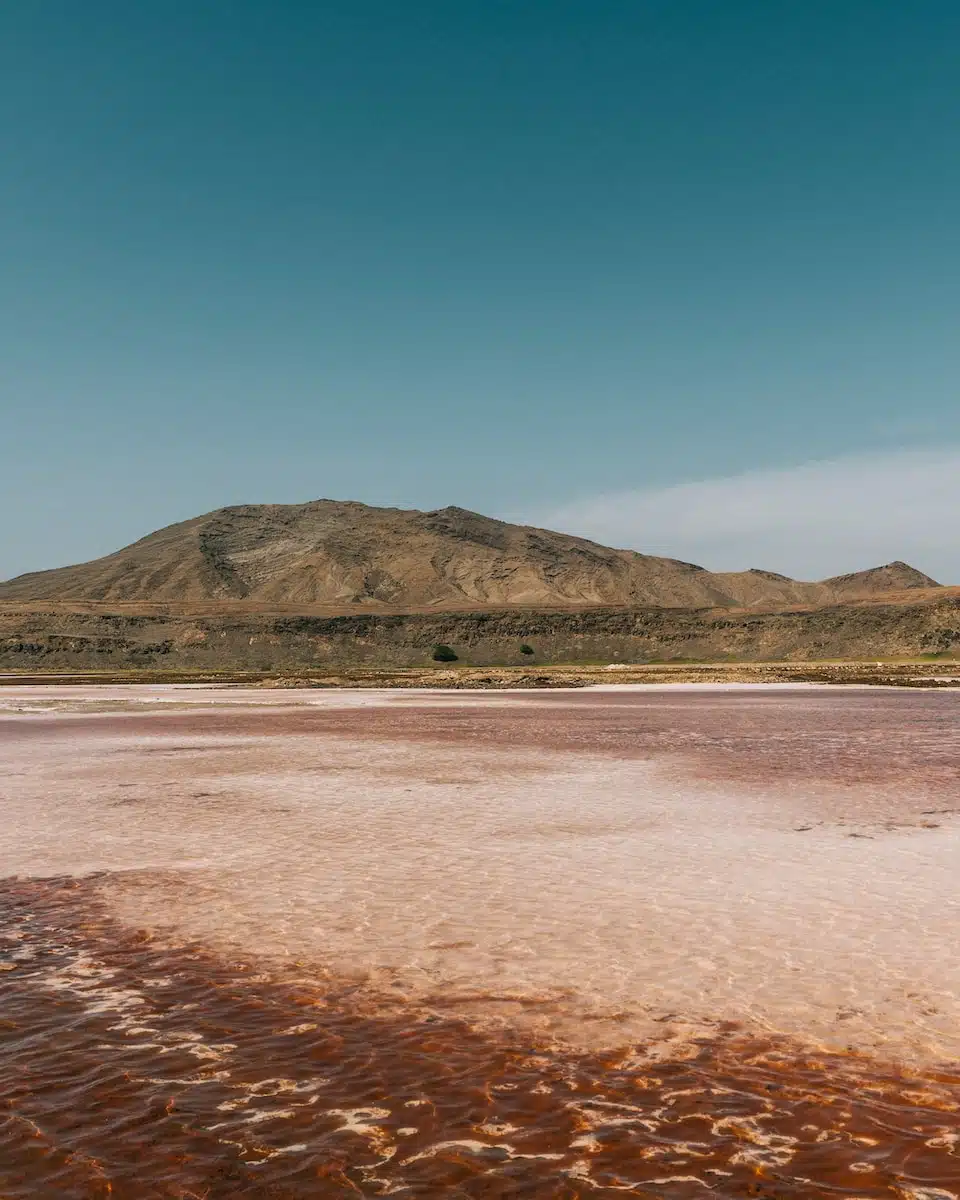
After the formation of the volcano, there was no vegetation on the Cape Verde Islands. However, the sea currents, birds, people, and the wind introduced numerous seeds from Latin America, the Mediterranean, and West Africa and until today 850 species of plants have been formed.
The mountain islands are more colorful. Steep mountain walls are covered with banana, citrus and mango trees, sugar cane, the red flowering cana and blue jacaranda flowers, agaves and rose species in yellow-red. Also lavender, rosemary, and the yellow flowering Cape Verde houseleek.
Furthermore, various species of trees, such as acacia, cypress, Canary Island pine and eucalyptus. Along the roads grows wild aloe vera, which has been used as a remedy for many years.
In the animal world, many animals have become native to the islands over time. First were the bats and, after some time, many species of butterflies and iridescent large dragonflies settled. Furthermore, Cape Verde is home to about 50 different species of breeding birds throughout the year. In particular, larks, racing birds, desert ravens, waved warblers and blackcaps. The Cape Verde Sparrow, Raza Lark, Alexander’s Swift and Cape Verde Warbler are only seen on these islands.
Sports activities on the islands
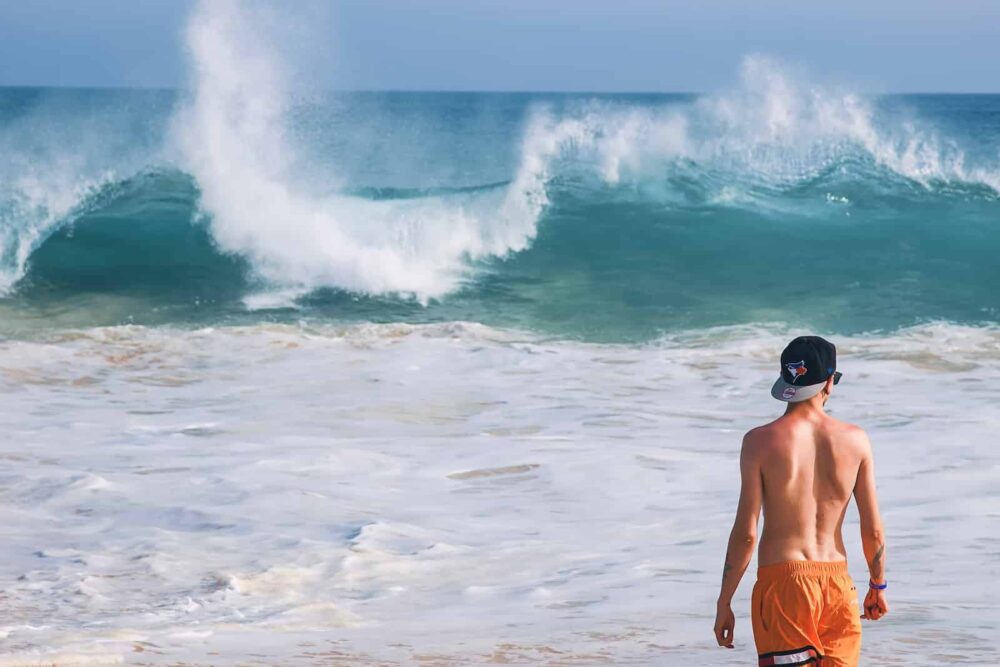
Hiking: the mountainous islands of Fogo, Santo Antão and São Nicolau are ideal for hiking. The short rainy days and summer temperatures make hiking a real pleasure. Highlights are the trails through tropical valleys or bizarre mountain landscapes that date back to colonial times. The greatest hiking adventure is the way to the volcano.
Mountain biking: advanced and professional mountain bikers can enjoy the mountainous islands and breathtaking, challenging trails.
Surfing: the island is a paradise for easy surfing due to the tropical climate, year-round winds and pleasant water temperatures. The high waves can be braved by surfboard on other islands.
Diving: An experience for every diver, offers the great variety of typical species from the Atlantic and Mediterranean. Along the steep walls, canyons and the deep caves, an encounter with large schools of fish, groupers, parrot fish, snappers, tunas, turtles, giant manta rays and sharks is inevitable. With a little luck, even different species of whales can be spotted.
Art and culture a little different
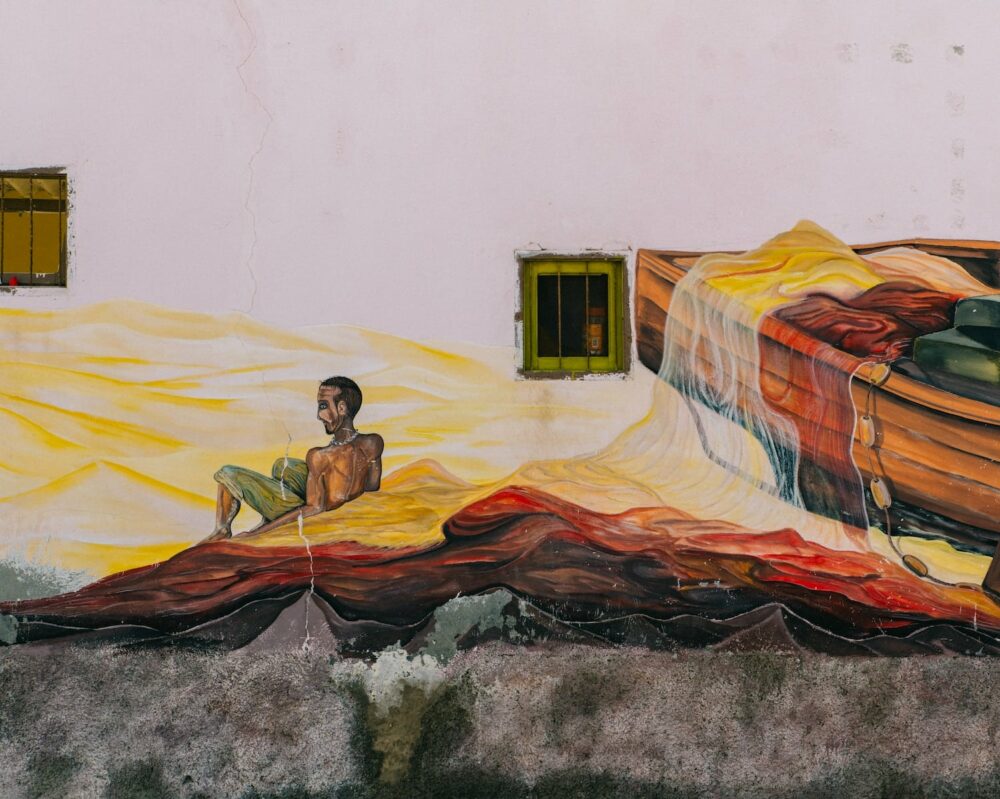
In Cape Verde, art is a little different. Here pottery and weaving, made manually, are traditional. So are crocheted blankets, embroidery, paintings, batik, handicrafts made of wood and woven baskets. Woven carpets are widespread and the traditional colors quarrel in indigo blue, white, and black in the fibers. Rectangular cloths, called panos, are used as garments and are dyed mainly indigo blue. The art of pottery is found mainly in Santiago, Maio, São Vicente and Sal Boa Vista. There, large water containers, vases, and sculptures are made.
In the culture, mainly plays are very popular. The actors usually write the plays themselves and describe in them everyday themes of the local people.
Culinary island specialties
The cuisine in Cape Verde can be described as relatively “hearty” and that is mainly stews. Seafood and fish dishes are also part of the cuisine and are widespread. These include dishes with tuna, swordfish, squid, moray eel, lobsters, and mussels. The lobsters are a special treat, fried or steamed in garlic or onions. They are mainly served with rice or fried potatoes. The cachupa is a mixture of beans, rice, pieces of meat or fish, making it a simple main dish in the local cuisine.
On Cabo Verde, desserts are quite varied and are homemade. The islands produce numerous fruits, such as papaya, coconuts, mangoes and guavas, and with them imaginative creations are conjured up. The doce de papaya, a kind of papaya jelly, and the coffee or cheese pudding are other specialties.
Local drinks, wine, and beer are available everywhere. Popular is the sugar cane liquor “grogue”, this sometimes gets the sweetness from the native fruits. Different good wines are produced on the volcanic island of Fogo from local grapes.
The nightlife of the islands
Nightlife must be sought. In rural areas, it is difficult to live out the spirit of enterprise after 10 pm. Unless the villagers are in a celebratory mood. For pure nightlife, head for the larger cities. These include the cities of Mindelo, Sal, Praia, Sal Rei and Esplanada. There you can find bars, classic discos. Music lovers should visit restaurants, where just local musicians give their best.
Eternal summer on the islands
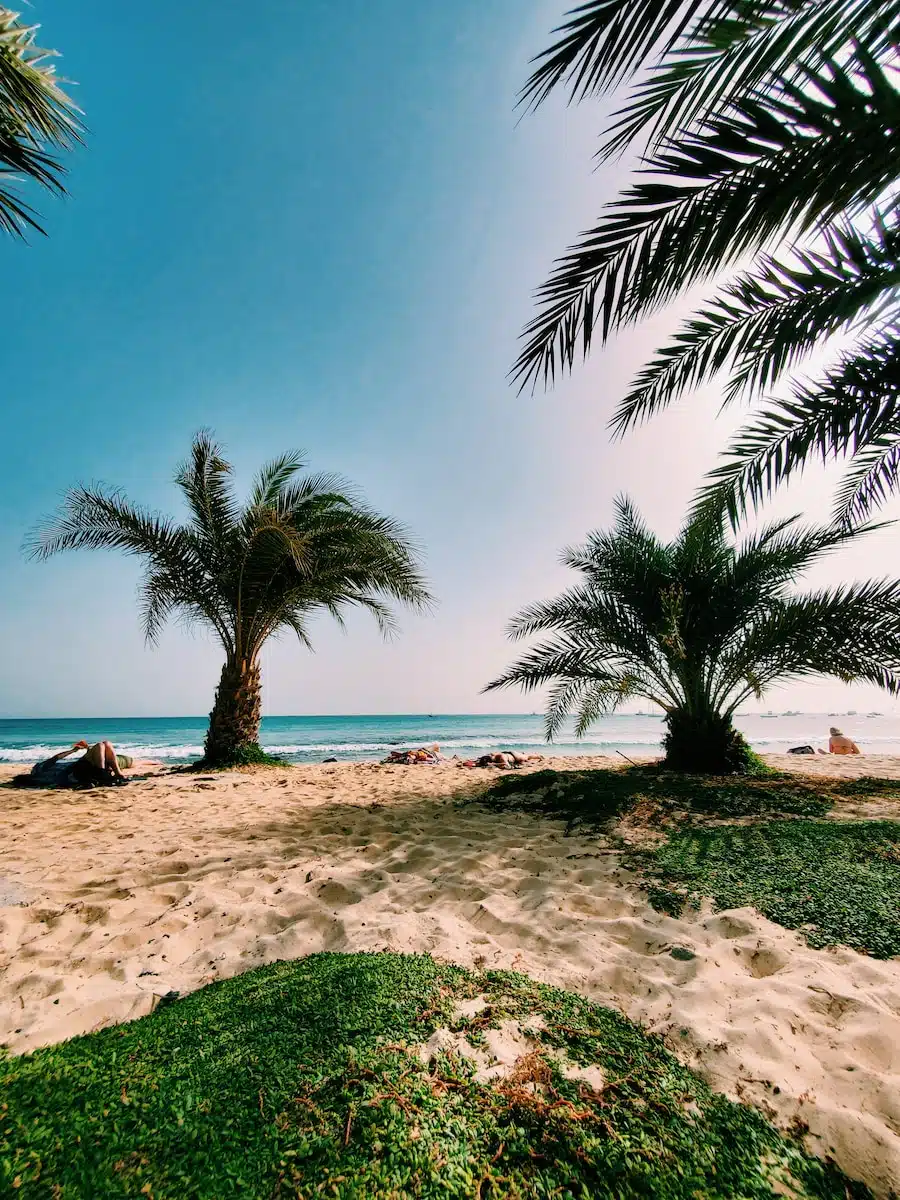
The weather on the Cape Verde Islands is excellent. On 350 days a year, you can rely on the sun. Temperatures between 21 and 29 degrees are not uncommon. The omnipresent sea breeze has an average humidity of 40 to 60 percent. Thus, the eternal summer is assured.
On the Cape Verde Islands, there are only two seasons instead of four. These are from October to July, the time of the winds (Tempo das Brisas) and from August to September, the rainy season (Tempo das chuvas), in which tropical rains fall quite heavily.
In the islands of Cape Verde, each season allows living an adventure.
Ad
Note: Links marked with an asterisk (*) or “Ad” are so-called affiliate links. As an Amazon partner, we earn from qualified sales. The same applies to other partners. This means that we receive a small commission on purchases or bookings to finance this site. There are no additional costs for you!



 BOOK YOUR NEXT STAY AT CAPE VERDE
BOOK YOUR NEXT STAY AT CAPE VERDE